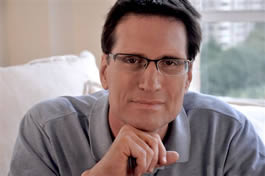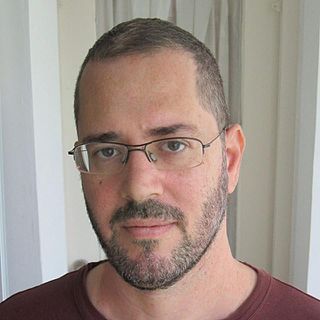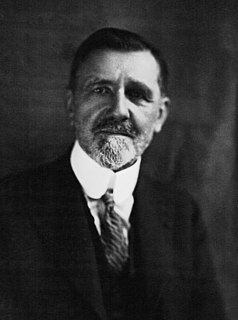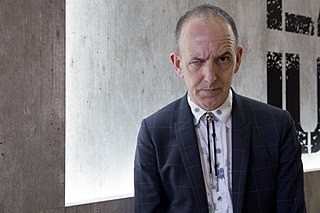A Quote by David Perlmutter
When we are exposed to a real or perceived threatening situation, powerful things happen in the brain to memorialize aspects of the event, including all manner of associated circumstances like where, when and how it occurred.
Related Quotes
You have to understand that PTSD has to be an event that you experience, a very traumatic event. And actually, there is evidence that brain chemistry changes during this event in certain individuals where it's imprinted indelibly forever and there's an emotion associated with this which triggers the condition.
People think athleticism is just physical, but it's not. It's connected to the brain and how the brain can learn to execute and see a movement or not. Especially at high speed. Being athletic is not just jumping and running and being powerful. It's the nervous system that guides the body. The muscles don't decide anything. The brain decides and makes things happen.
The brain of a person in love will show activity in the amygdala, which is associated with gut feelings, and in the nucleus accumbens, an area associated with rewarding stimuli that tends to be active in drug abusers. Or, to recap: the brain of a person in love doesn't look like the brain of someone overcome by deep emotion. It looks like the brain of a person who's been snorting coke.
If you realized how powerful your thoughts are, you would never think a defeatist or negative thought. Since we create through thought, we need to concentrate very strongly on positive thoughts. If you think you can't do something, you can't. But if you think you can, you may be surprised to discover that you can. It is important that our thoughts be constantly for the best that could happen in a situation - for the good things we would like to see happen.
It follows that the word probability, in its mathematical acceptance, has reference to the state of our knowledge of the circumstances under which an event may happen or fail. With the degree of information we possess concerning the circumstances of an event, the reason we have to think that it will occur, or, to use a single term, our expectation of it will vary. Probability is the expectation founded upon partial knowledge.
One of the most powerful aspects of drumming and the reason people have done it since the beginning of being human is that it changes people's consciousness. Through rhythmic repetition of ritual sounds, the body, the brain and the nervous system are energized and transformed. When a group of people play a rhythm for an extended period of time, their brain waves become entrained to the rhythm and they have a shared brain wave state. The longer the drumming goes on, the more powerful the entrainment becomes. It's really the oldest holy communion.
After all, it was only a story,' I said, determined to prove her wrong. 'All manner of terrible things may happen in a story. They may be startling at the time, but it passes. One gets caught up in the narrative, but the dangers aren't real, are they? Things happen in any way the storyteller chooses. It is all just made up.




































